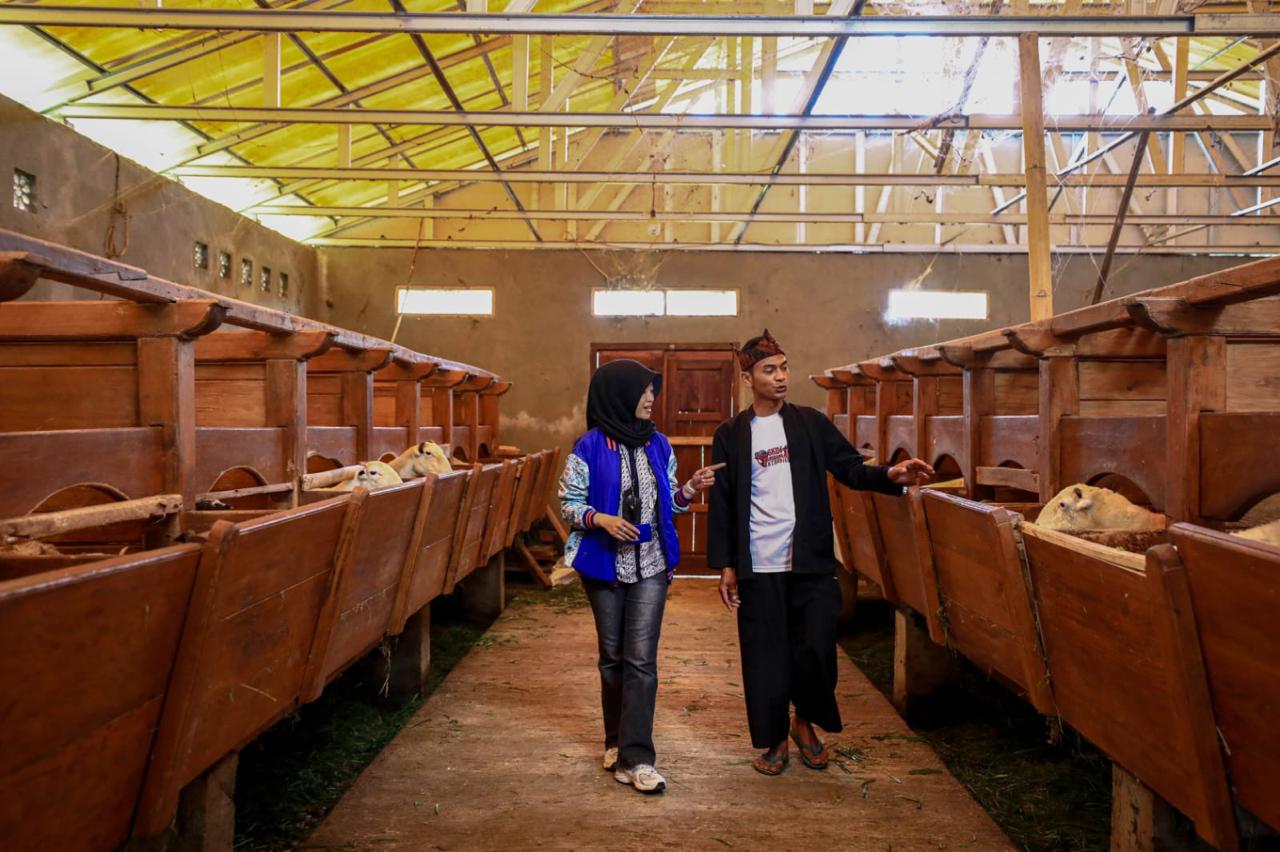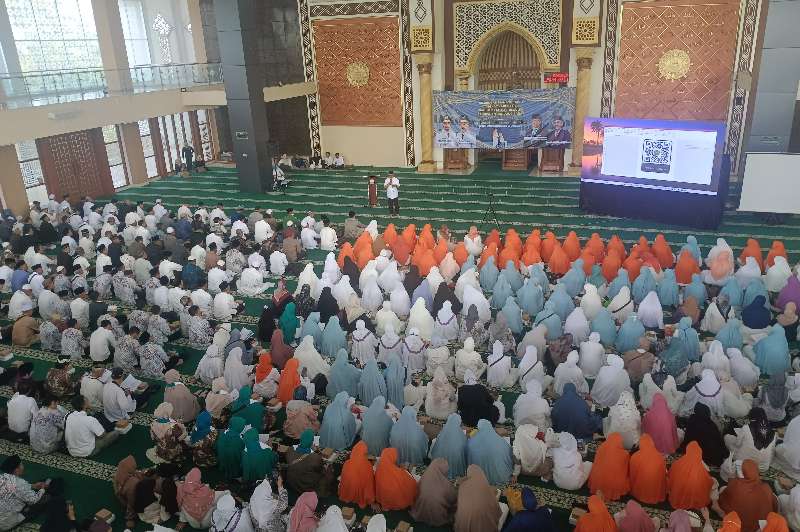The House of Representatives officially approved the establishment on August 26, 2025. This is based on the Third Amendment Bill to Law Number 8 of 2019 concerning the Implementation of Hajj and Umrah Worship.
The establishment is planned to take over all management of Hajj and Umrah worship from the Ministry of Religion, aiming to create integrated and efficient one-stop service.
Regarding this matter, a resident of Lembang District, Taufik Kurnaefi (48) said that he had registered on the waiting list for prospective Hajj pilgrims about six years ago.
“I registered together with my wife since around 2019 and am still waiting for departure until now,” he said, Sunday (31/8/2025).
He added that he was aware of the government’s plan to form a new Ministry specifically managing Hajj and Umrah. Regarding this plan, he welcomed it positively.
“As a member of the public, I welcome the plan to establish,” he said.
He hopes that the establishment will have a positive impact on the management of Hajj and Umrah worship for Indonesian pilgrims in the future.
“It is good because it will be more focused in managing Hajj pilgrims, from data collection, services, to ensuring that the facilities obtained by Hajj pilgrims are maximized when in the holy land,” he emphasized.
Meanwhile, a prospective Hajj pilgrim from Batujajar, Adi Haryanto (47) said that he hopes the existence of a Hajj ministry can be more focused and concentrated in managing the Hajj pilgrimage from registration for departure until return.
“Hajj worship is a routine carried out every year, so there should no longer be any problems because the root causes of the problems experienced by pilgrims have been predicted and solutions prepared,” he said.
He hopes that the Ministry of Hajj can later carry out the mandate, the government’s trust in managing the people, without any abuse of authority, considering that the number of prospective Hajj pilgrims in Indonesia increases every year.
“With good management governance and synergy with the Saudi Arabian government, it is hoped that the quota can increase to cut the waiting time for departure of prospective pilgrims, which is currently too long, averaging 20 years,” he said.
Meanwhile, the Head of the Hajj and Umrah Implementation Section, Enjah Sugiarto said, until now the section is still carrying out its duties as usual.
“Indeed, the revised law that was recently passed is still a bill, not yet enacted into law, and the Presidential Decree has not been issued until now. So in Regencies/Cities, until now the section is still running and doing preparations,” he said.
He added that so far, his office is still carrying out tasks in the context of preparing for the departure of the Hajj pilgrimage for the upcoming 2026.
“And currently it has already started for the 2026 departure. Verification of data for those departing next year is already underway, passport creation is already running, so the section is still working at this time,” he said.
Meanwhile, when asked about the queue, he emphasized that it will not affect the queue that is currently in progress.
“Regarding the system and queue, it will transition. However, there will be no changes from the queue side. So the public does not need to worry that the queue will change,” he said.
Data states that the number of pilgrims in the queue as of August 25, 2025 was 21,443. Based on the quota for the year 1446 H/2025 M, which was 1,066. The estimated waiting time for departure is 21 years.

As a bank with a main focus on the Micro, Small, and Medium Enterprises (MSME) segment, PT Bank Rakyat Indonesia (Persero) Tbk






